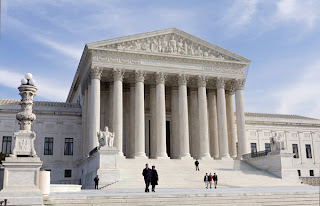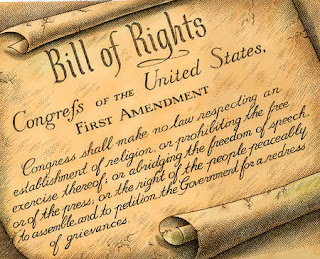After the shooting in Colorado, many federal lawmakers have expressed their desire to tighten gun control laws in the United States.
Support FOR Stricter Gun Control Laws:
1. President Obama said yesterday (Wednesday) evening, during a speech to the National Urban League that he believes in the Second Amendment right to bear arms; however, he does not think that AK-47s belong in the streets of our cities.
2. Colorado shooting suspect, James Holmes, allegedly used a shotgun & a semi-automatic rifle during the shooting, and the police found a handgun found in his car, along with 6,000 rounds of ammo. These are all shown as being purchased legally.Main Argument For: The movie theatre massacre in Colorado is a clear signal that stricter gun control laws would prevent another massacre such as this one from taking place.
Opposition AGAINST Stricter Gun Control Laws:
1. Presidential Candidate Mitt Romney, stated during a press conference to NBC that there is no need for more gun control laws -- More laws will not prevent people from performing actions that are against the law.
2. The Second Amendment clearly states individual right to bear arms, not only military personnel. It is an essential part of being an American citizen in order to protect our homes and our families.Main Argument Against: More gun control laws will not prevent bad people from doing bad things (i.e. Criminals are still going to break the law, no matter what the law is). Allowing Americans to exercise their Second Amendment right will provide safety for all Americans attempting to protect their homes and their families.
President Obama has dealt with the gun control issue lightly during his Presidency term, and has recently been vocal about tightening gun control laws, post-Colorado shooting. However, it is unclear whether or not he will personally push legislation concerning tighter gun control laws -- especially with the upcoming election.
Source
















































